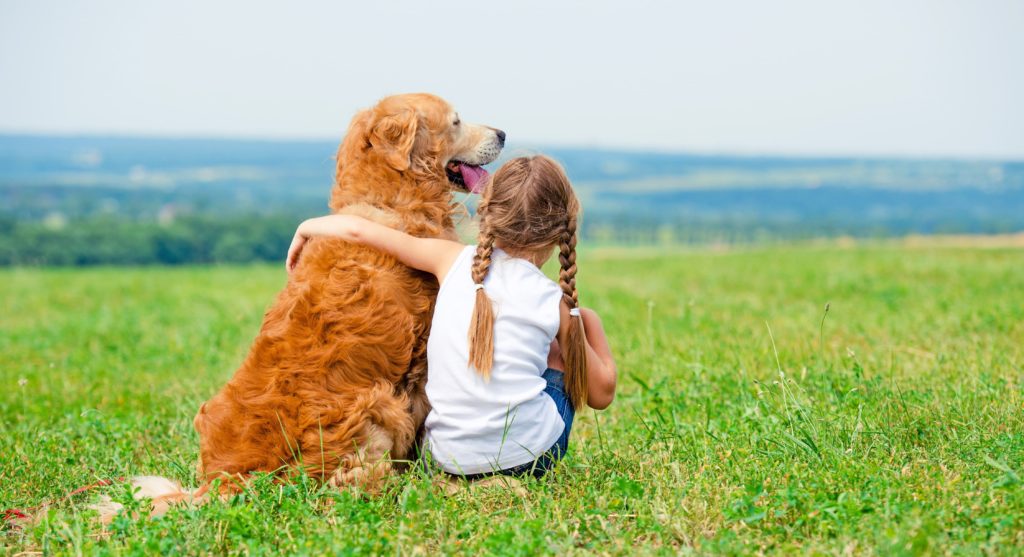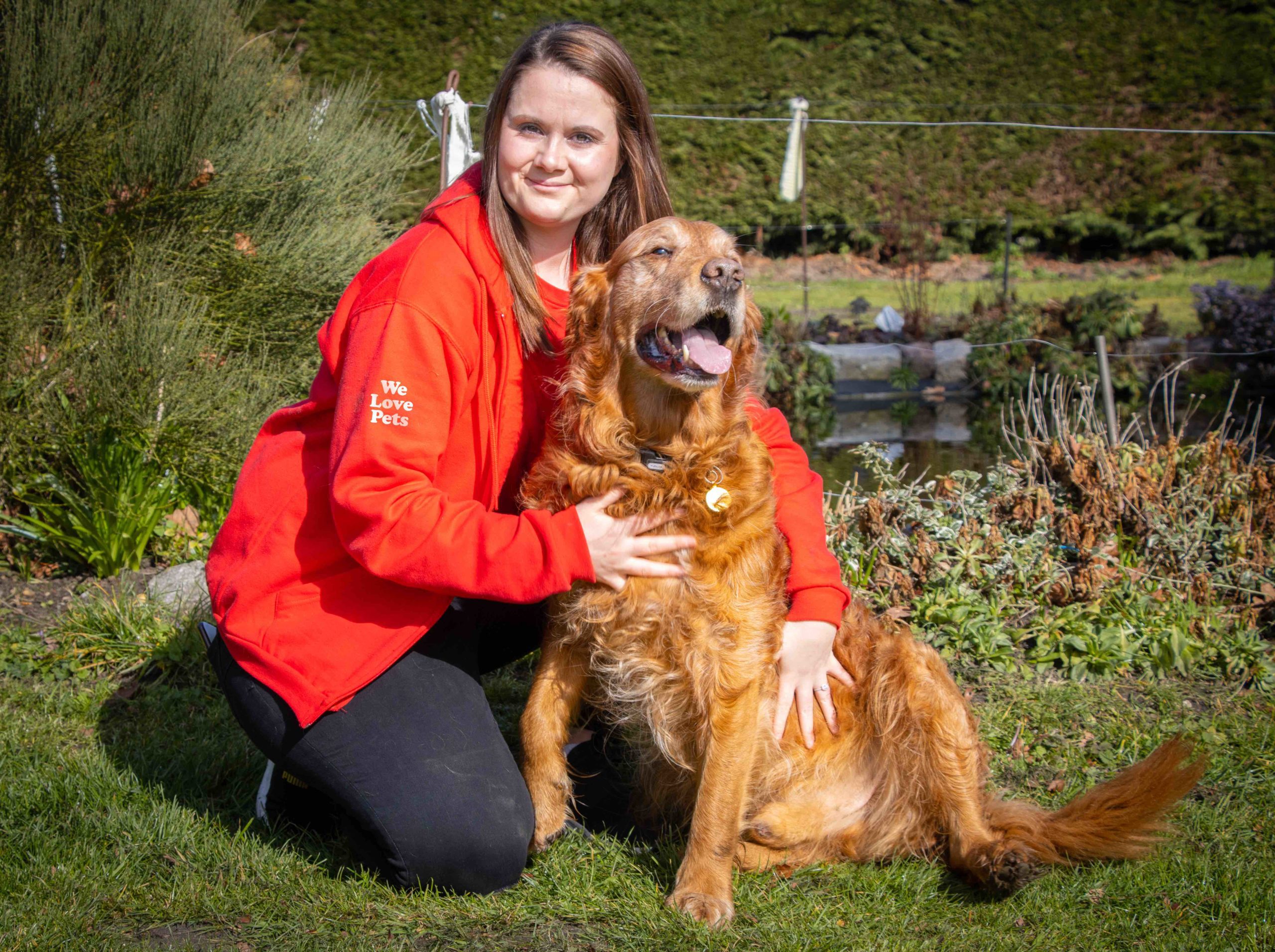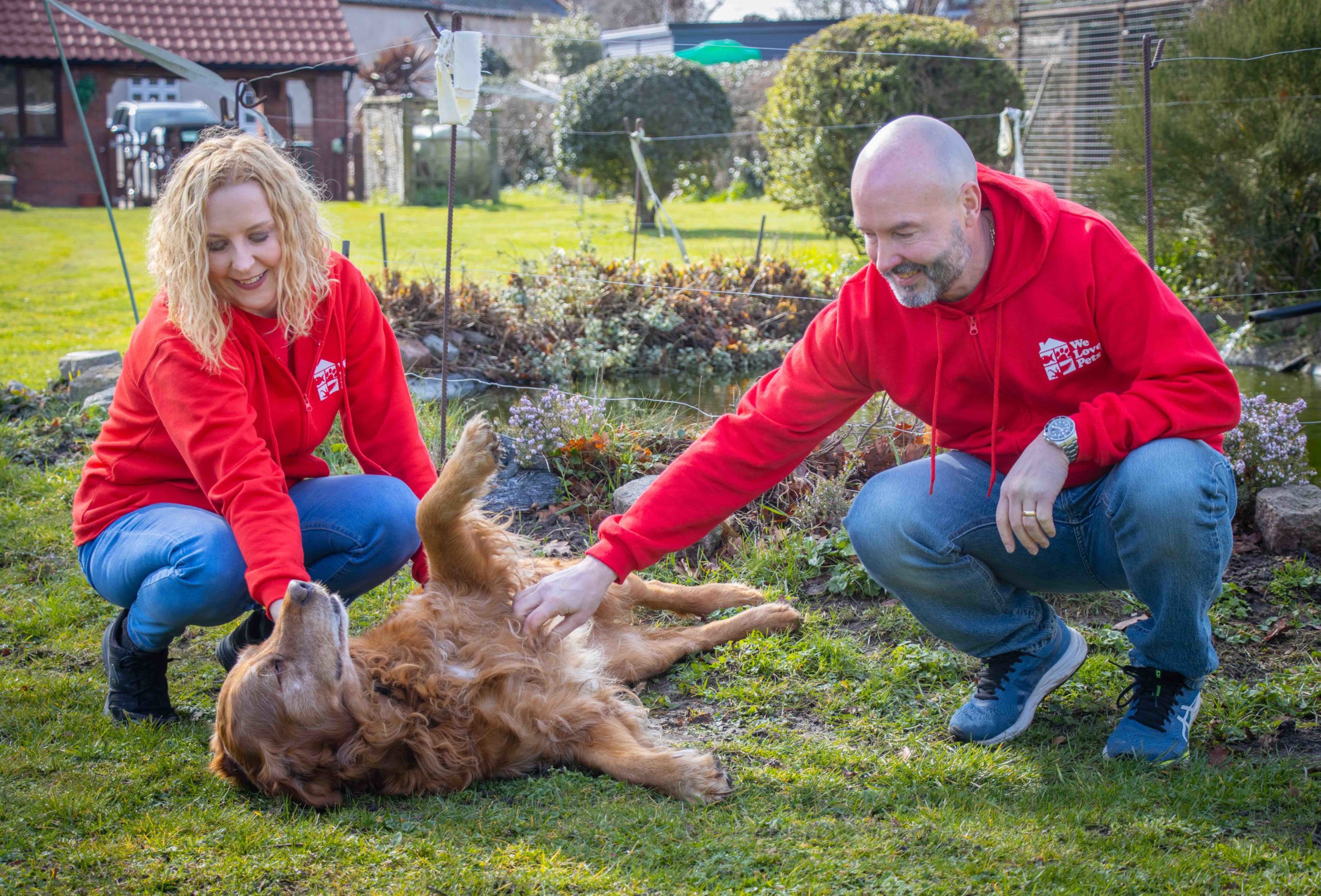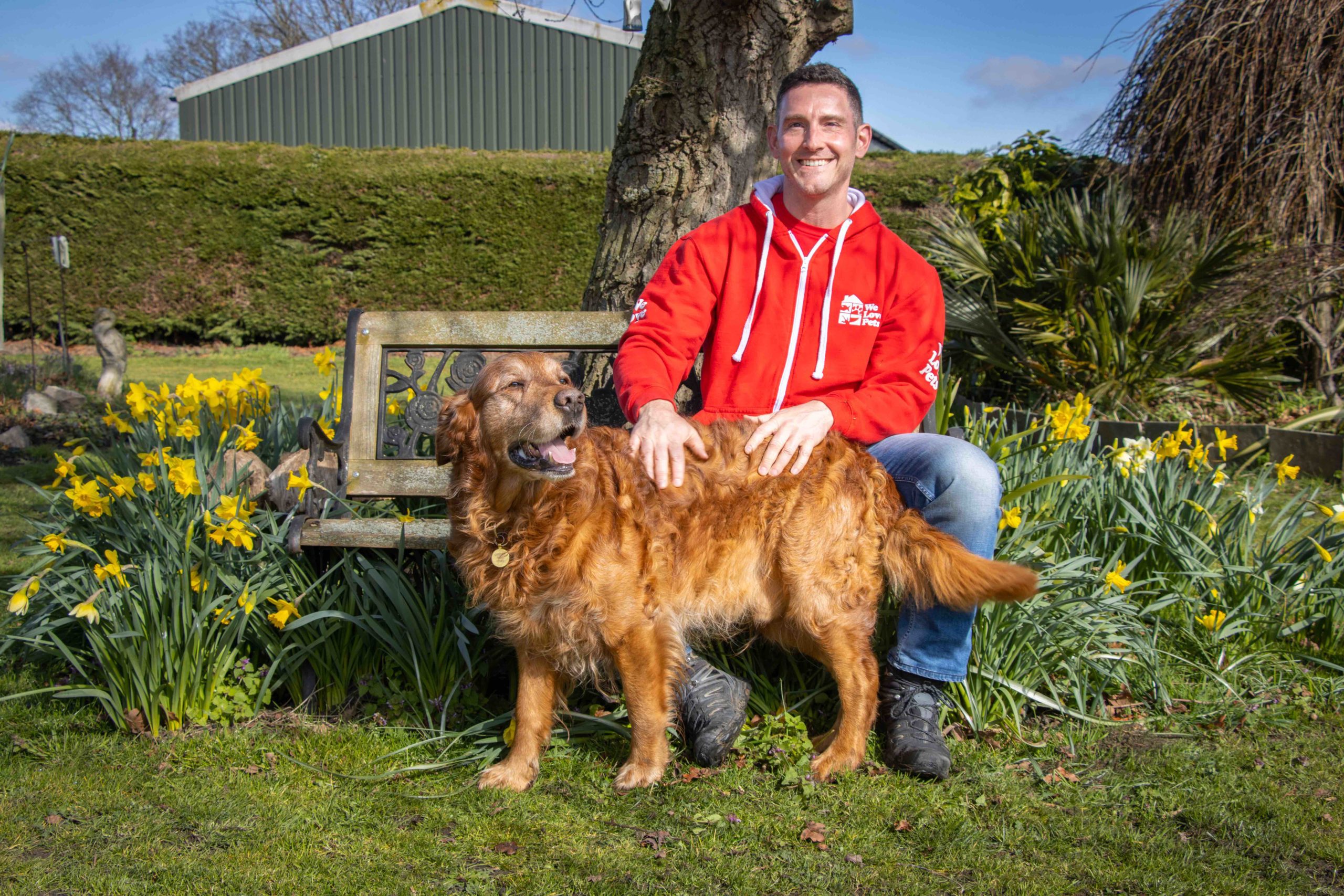In 2019, PFMA reported that 45% of households with children have pets. But sadly, the year before, a poll of 2,000 UK parents revealed that over a third regretted giving in to their children’s nagging and getting them a pet!
While there are countless factors to consider when deciding whether to adopt a pet as a family, such as finances, your schedule, and the age of the children, one huge factor that can contribute to success is doing your research, so you know what you’re getting into.
With that in mind, we interviewed Heidi, who lives in the South East. Over the years, their family has had degus, rabbits, fish, hamsters, and now a dog. We’ve asked her to share her wisdom on what having each of these animals was like for her children; how old they were at the time, the pros, the cons, and any advice she’d like to pass on to other parents debating adopting these animals.
Degus
(Heidi’s children aged 5 and 7)
Degus are not very common UK pets, and while Heidi comments that ‘they’re fun to watch,’ they were less interactive pets than she’d hoped: ‘you can’t get them out and pet them because they’re just too fast, and they just want to get down and run – they’re like little squirrels!’ Like chinchillas, degus can be let out for a run-around when supervised and enjoy it very much! However, ‘they used to chew the skirting boards’ when let out, and ‘they are incredibly fast, so they’re not very good as children’s pets because when they come out of the cage you can’t catch them to have a cuddle.’
She adds that space is a factor for parents to be aware of: ‘they have to have quite a big cage, like three stories, so it’s having somewhere to fit that,’ as opposed to a hamster cage that can fit in most rooms of the house. Also, be aware that ‘the straw smell is indoors,’ which may put some people off having them.
‘I wouldn’t say it’s really a pet for children – they’re fun to watch and that’s about it.’

Rabbits
(Heidi’s children aged 6 and 8)
‘The good things about having rabbits are that they’re outdoors, so all their smells are outside,’ is the first positive Heidi noted. However, they appear to be quite high maintenance animals, requiring ‘cleaning out more than once a week.’
Like degus, rabbits need considerable space. Heidi says, ‘they have to have a very big run.’ In her case, the minimum size run they were allowed for two rabbits adopted from a rescue centre ‘took up half the garden.’
About how her children liked having rabbits, she comments, ‘we adopted bunnies when they were a few years old, and the [rabbits] just hated anyone going anywhere near them, so we didn’t really enjoy having them in the end because they just didn’t like to be handled.’ This comment has been echoed by many, with the RSPCA going as far as to say that, ‘although traditionally thought of as good pets for children, this is not the case as they are not easy to look after well.’
The final caution Heidi adds is: ‘you have to buy quite a lot of straw and food for them, so the cost was more than we first anticipated.’

Fish
(Heidi’s child aged 8)
Heidi’s thoughts on having fish can be summed up in her words, ‘easier than having a dog, but not easy.’
‘They’re easy to look after because they’re just in the fish tank,’ she mentions. However, keeping the tank and water clean and changing the water was ‘such hard work,’ and her child wasn’t old enough to handle it themselves.
They do incur a ‘very minimal cost’ and are ‘very cheap to feed,’ which is a big pro!
Her final piece of advice on having fish is to carefully consider where you’ll keep them, as the sound of the tank filter is too loud to sleep through: ‘even though it said it was quiet, it was like a humming sound all the time.’ Hence, she doesn’t suggest they be kept in bedrooms, as one of her children was actually kept up by the noise of the filter!
Pet goldfish
Hamsters
(Heidi’s children aged 9 and 10)
Hamsters seem to be the best of the bunch so far. As well as being ‘relatively cheap to have,’ and not costing much to buy, they are also ‘cheap to look after.’
Importantly, her children enjoyed interacting with their hamsters: ‘they are good because you can get them out and play with them, they’re quite lovely.’
However, they may not be suited for all ages, as she adds that ‘One hamster, she was a biter. They say if you get them out and handle them enough they won’t be biters, but [my son] was very good at getting his out regularly and it still was a biter, so obviously if that was a young child, you wouldn’t want that.’
As far as other things parents should be aware of, she mentions that ‘the problem is with the cage, you kind of have to have a big one for it to be fair, and a big one takes up space, but I would recommend a big cage because your hamster is so much happier, and you can see that. Get a ball for them to run around in as well.’
And of course, the time it takes keeping the cage clean is a consideration. She adds: ‘my advice for anyone with any pets, be prepared to do it all yourself – you as a parent have to do everything.’
hamster-min
Dogs
(Heidi’s children aged 10 and 12)
Our biggest take away from interviewing Heidi was that their dog is the best pet her family has had: ‘she’s part of the family a lot more than any other pet, because she’s there all the time with us, sits with us, eats just there, not up in a cage or outside, she’s just there and she’s part of our family, she’s lovely.’
Obviously, they require a lot of work. She notes that ‘caring for a puppy is honestly harder than caring for a baby! But then once they’ve grown up it’s much easier.’ She adds, ‘I wish I had known that puppies are really hard work.’ For example: ‘it’s really hard to potty train them.’
But Heidi feels their dog is worth all of this effort, saying: ‘she gives back what you put in.’

What’s the Verdict?
The study we mentioned earlier also revealed that nearly half of parents said their pet was now part of the family. So, with the right preparation and planning, and realistic expectations, a home with pets can be a very happy one!
It goes without saying that for each family, the ‘best’ type of pet will be different. But hopefully, these parent-to-parent insights from someone who’s had a variety of pet experiences (with young and growing children) may help you gauge the reality of what each pet may require and give back to the family!
If you have pets or are thinking of getting one, be sure to keep up with our other articles that provide seasonal advice and tips for all kinds of animals.
And if you’re looking for local, friendly, and trustworthy pet care professionals, our We Love Pets team members are more than happy to help! Find your nearest branch here and get in touch today.




